
Walking down MinuteFan Way and through the parking lots surrounding McGuirk Stadium on game day, it appears the University of Massachusetts and the Massachusetts football team have something special going for them.
Whether it’s the smell of a grill, people sharing drinks with their friends or children playing games outside the stadium, McGuirk feels like a legitimate college football atmosphere.
It’s certainly not on the same scale as Power 5 conference schools, but in the midst of the foliage in the Pioneer Valley, it’s enough.
With one minute, 56 seconds remaining on the clock Oct. 3, Florida International takes a timeout to prevent the Minutemen from draining more time off the clock. It’s fourth and five from the Panthers’ 15-yard line as UMass coach Mark Whipple and quarterback Blake Frohnapfel discuss the next play call.
The job description is straightforward: get the first down. That’s all UMass needs to clinch its first win of 2015.
Frohnapfel breaks the huddle, and like so many times this season, finds Tajae Sharpe downfield to move the chains and secure the 24-14 victory. The players and coaches erupt in jubilance, but toward the east section of McGuirk – the student and band sections – there’s a faint dull of cheers from the remaining students that decided to stick around for the end.
Just hours before – at kickoff and throughout the first half – the student section is filled and fans show support while cheering for their classmates, friends and the rest of the Minutemen. Just like any other school, UMass in front of its peers in what feels like a true home field advantage.
But that strikes the biggest question: Why?
Why does UMass’ student body love to participate in pregame activities and mull around for the first half before quickly heading for the exits once halftime approaches?
This is a recurring theme, regardless of the weather, the opponent, the score or how well the first half is played.
“(UMass) isn’t the only school with (attendance problems),” said Janet Fink, Mark H. McCormack Department of Sport Management chair and UMass professor. “Michigan had a hard time selling their student tickets. Ohio State just won the national championship and some of their non-conference games, the ones at the beginning against not so great teams, they didn’t get sold out. That’s unheard of.”
A CBSSports poll noted the average attendance for FBS games was 43, 483 people, down four percent from 2014 and the lowest average since 2000. Last season marked the sixth consecutive year average attendance dipped below 46,000 after it peaked at 46,456 in 2008.
“I have a doctoral student that is doing a lot of research (that) suggests people stay home because the viewing experience is just so great,” Fink said. “Technology is really great, so you can watch it at home.”
To put those numbers in perspective, the Minutemen averaged 16,088 in 2014, a two percent increase from 2013 (15,830) and almost 5,000 more than its inaugural 2012 season.
The trips to Gillette can’t be overlooked either. When UMass first made its FBS jump, McGuirk Stadium needed to undergo renovations to meet the attendance requirements to play in Division I-A. The Minutemen played all their home games for the first two seasons at Gillette in Foxborough with the following years splitting games with McGuirk.
It’s hard to blame the students for not wanting to attend. A two-hour drive one-way, followed by a four-hour long game makes for long days that students aren’t willing to sacrifice their Saturdays for.
It’s the McGuirk games that are the real issue. During the Minutemen’s first two seasons at Gillette, travel issues often granted immunity for why students wouldn’t attend. However, with more games on campus, that excuse is no longer valid, and the focus shifts to their engagement with the experience.
“I think (UMass has) to discover ways to enhance the in-game experience that makes it better than the alternatives that these kids have,” Fink said.
When the University named Ryan Bamford its new athletic director this summer, he quickly made a call to Alan Pandiani, who was named associate athletic director for sales and fan experience. Pandiani spent time with other major college football schools like Georgia Tech, Texas and Kansas.
“Students are the lifeblood of any major program,” Pandiani said. “College football, without the band or the students, is just amateur football. It’s students and the band and cheerleaders and all the aspects of game day are what create atmosphere.
“When (students) feel an emotional connection to the players, the team at large, the venue, or to each other, when they are in the stadium, that’s what gets people to stay.”
Although Pandiani and Fink don’t think wins and losses have a direct correlation to attendance – particularly students – some students think the team’s performance is one of the biggest reasons for poor attendance.
“I think wins and losses have a huge effect on student turn out,” Andrew Travers, junior, said. “You look at the basketball team from my freshmen year. They were ranked and everyone went to the games. Once they started doing bad, no one really went.”
Another main issue students believe hinders attendance is the consumption of alcohol prior to the game and the inability to purchase alcohol inside McGuirk.
“Some of those people had been drinking all day. They get tired by the second half and once people start leaving, people start to follow and would rather go back to their dorm or their house to take a nap,” Alex Bonstrom, junior, said.
Pandiani said the discussion of serving alcohol at games has been brought up, but the athletic department has no definitive answer on whether it’s something the program would consider.
One of the new ideas that will be implemented for this weekend’s homecoming game against Kent State is the creation of the UMass Game Day Snapchat. The game day feature will be run by Pandiani’s student staff, showing behind the scenes footage of the locker room, on the field and in the chancellor’s box. Students at the tailgate and players in the locker room before the game can post to the story.
Pandiani hopes to translate this over to other sports like basketball and hockey, and on non-game days, UMass student athletes will control the account to give people an inside look of what they go through on a daily basis.
Although Pandiani’s ideas are ones that have potential to bring more fans to McGuirk, it will always be a student issue, and they are the only ones capable of fixing it.
Andrew Cyr can be reached at [email protected] and followed on Twitter @Andrew_Cyr.








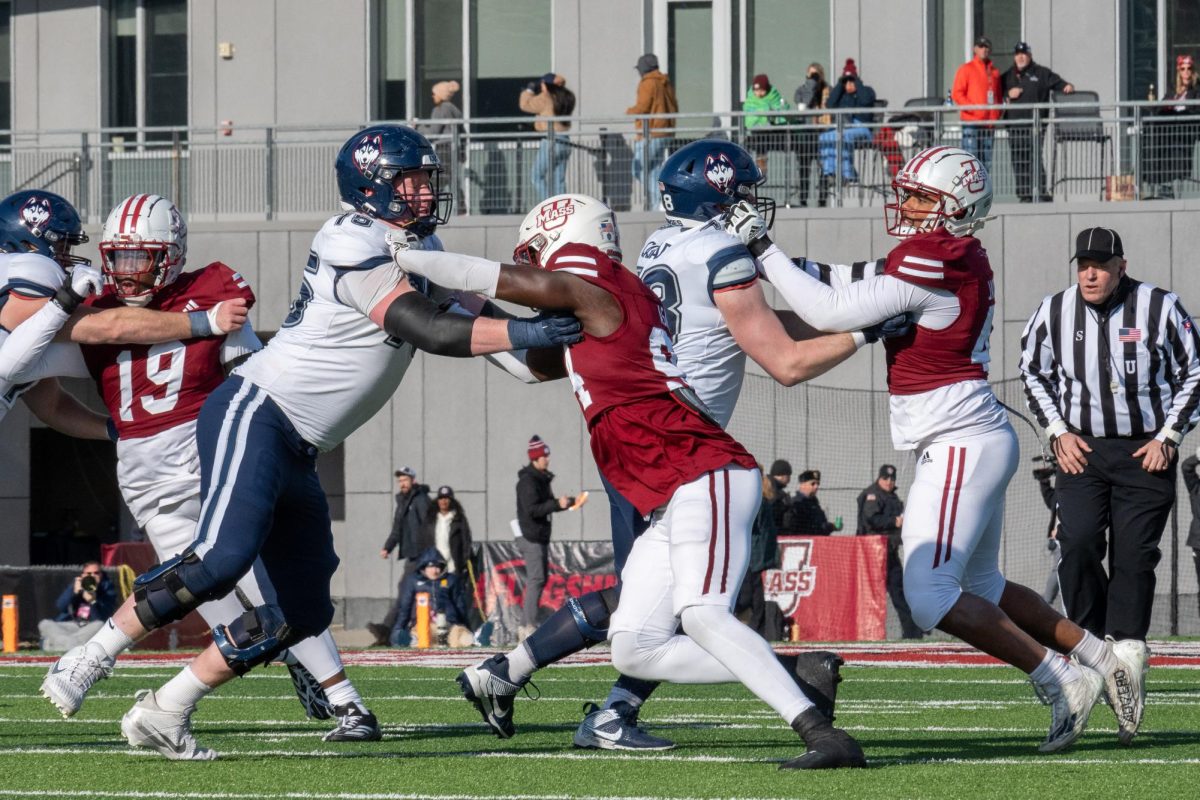
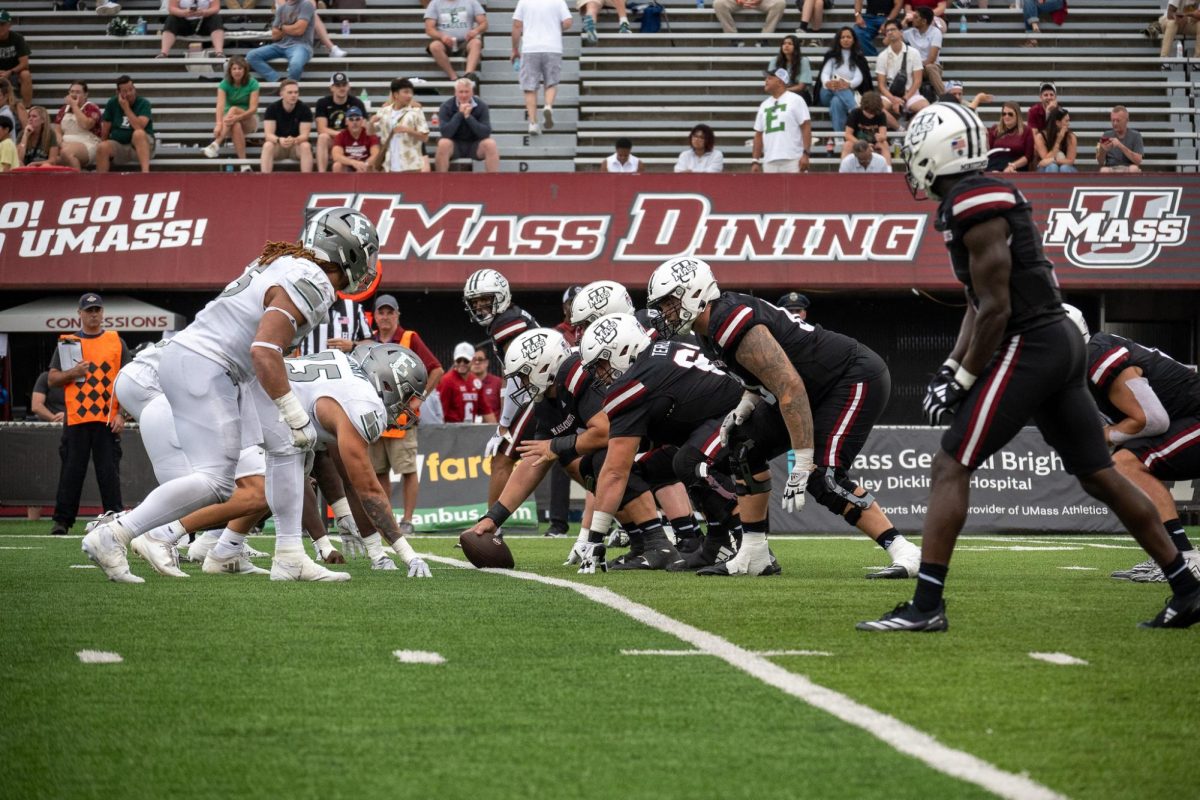
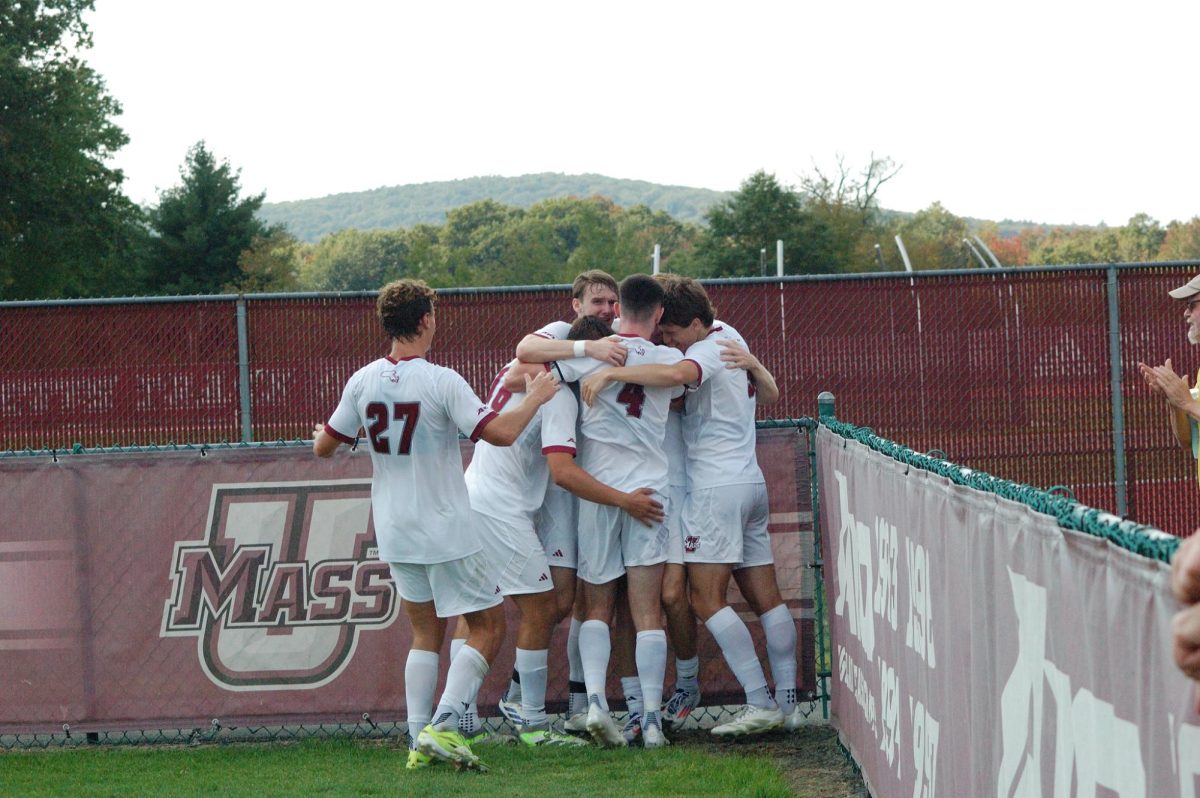

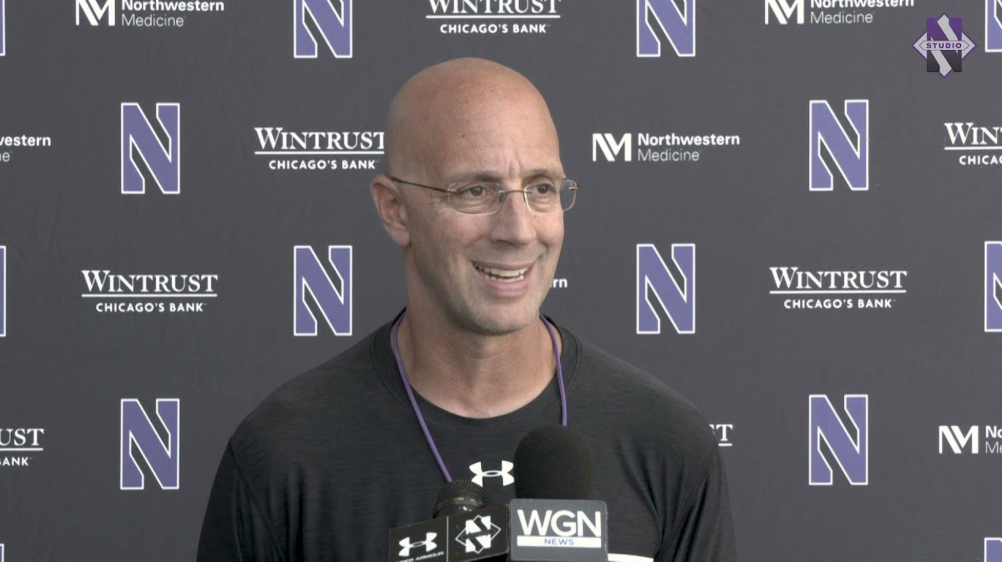
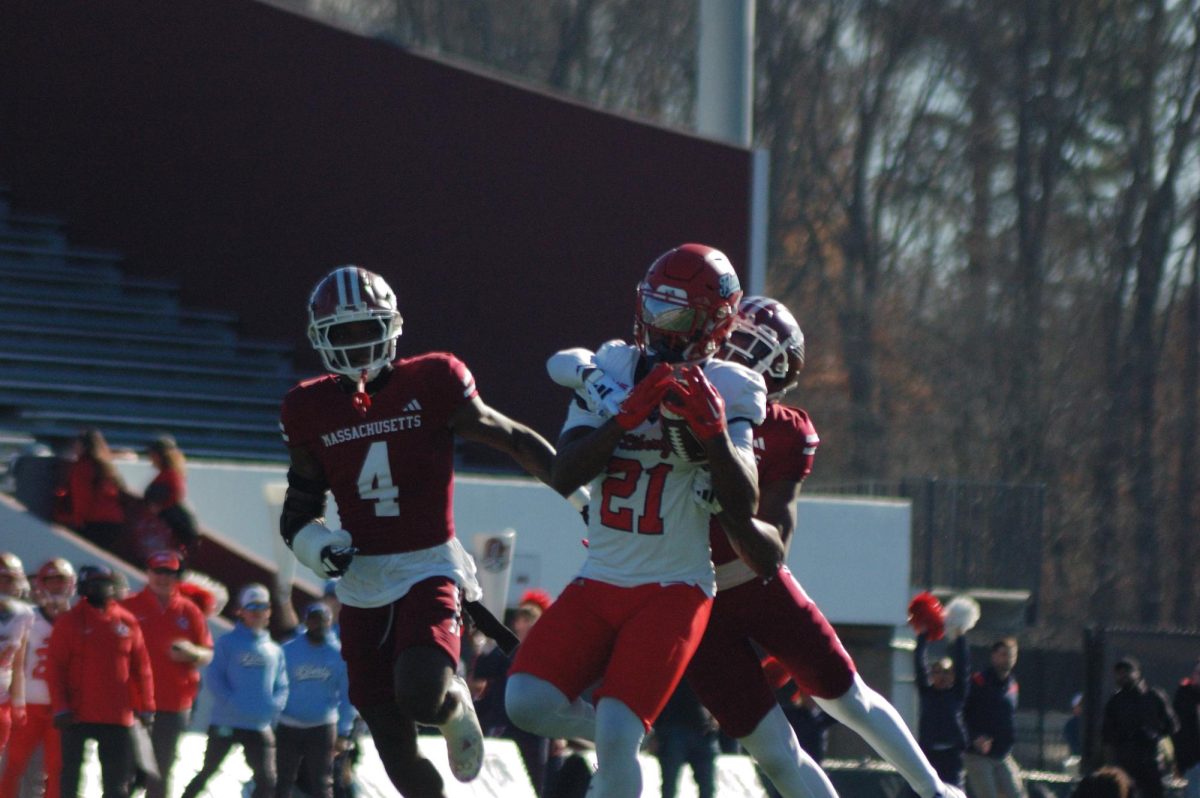
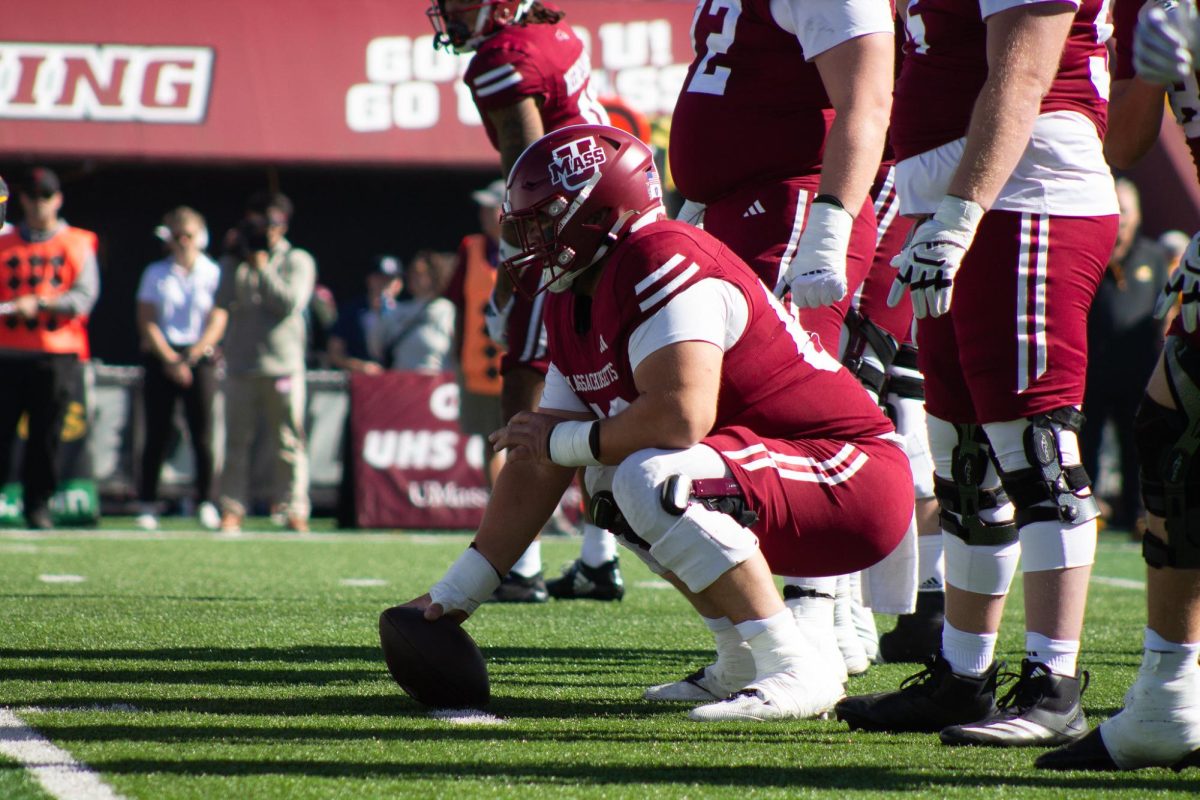
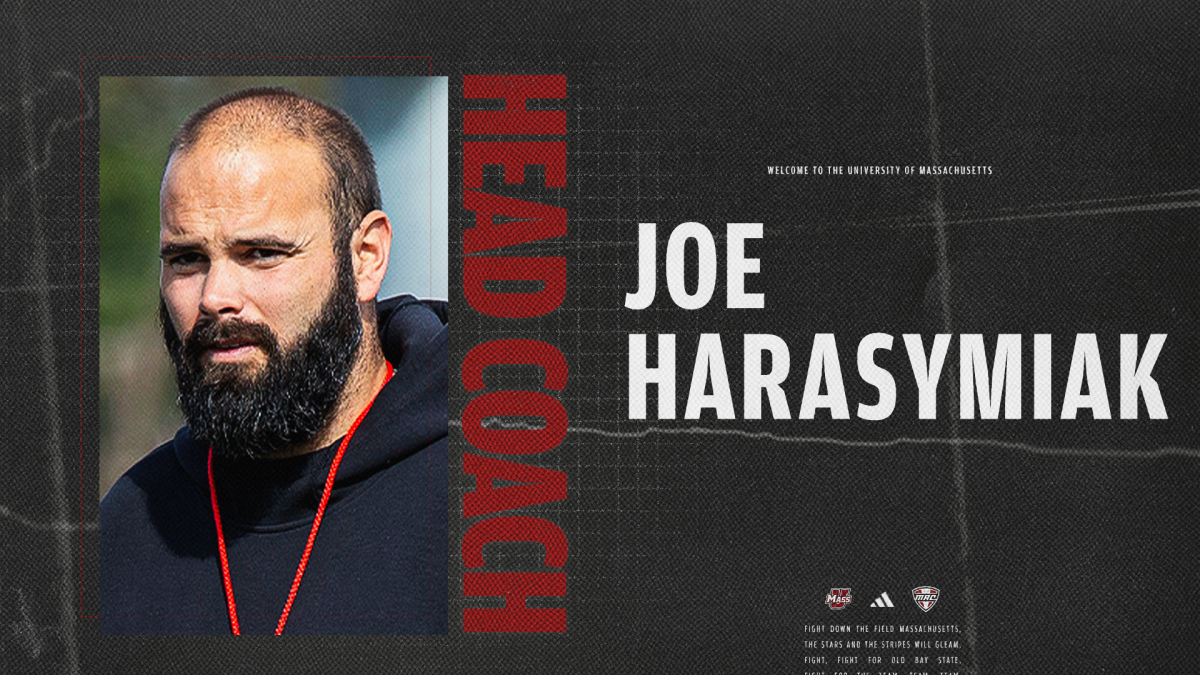
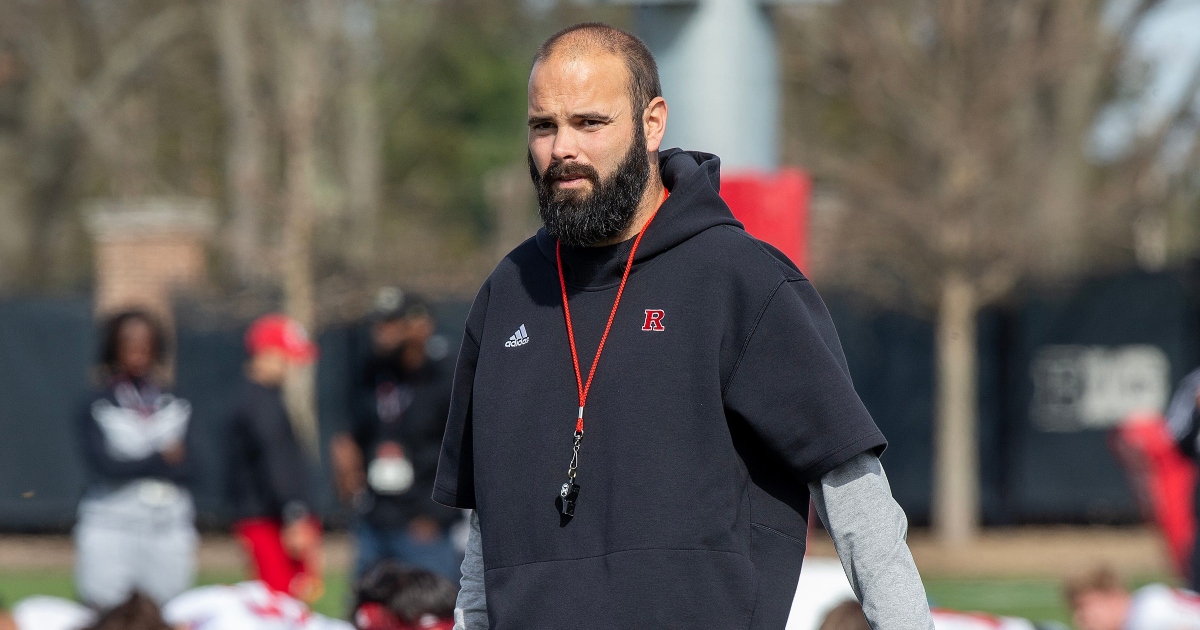
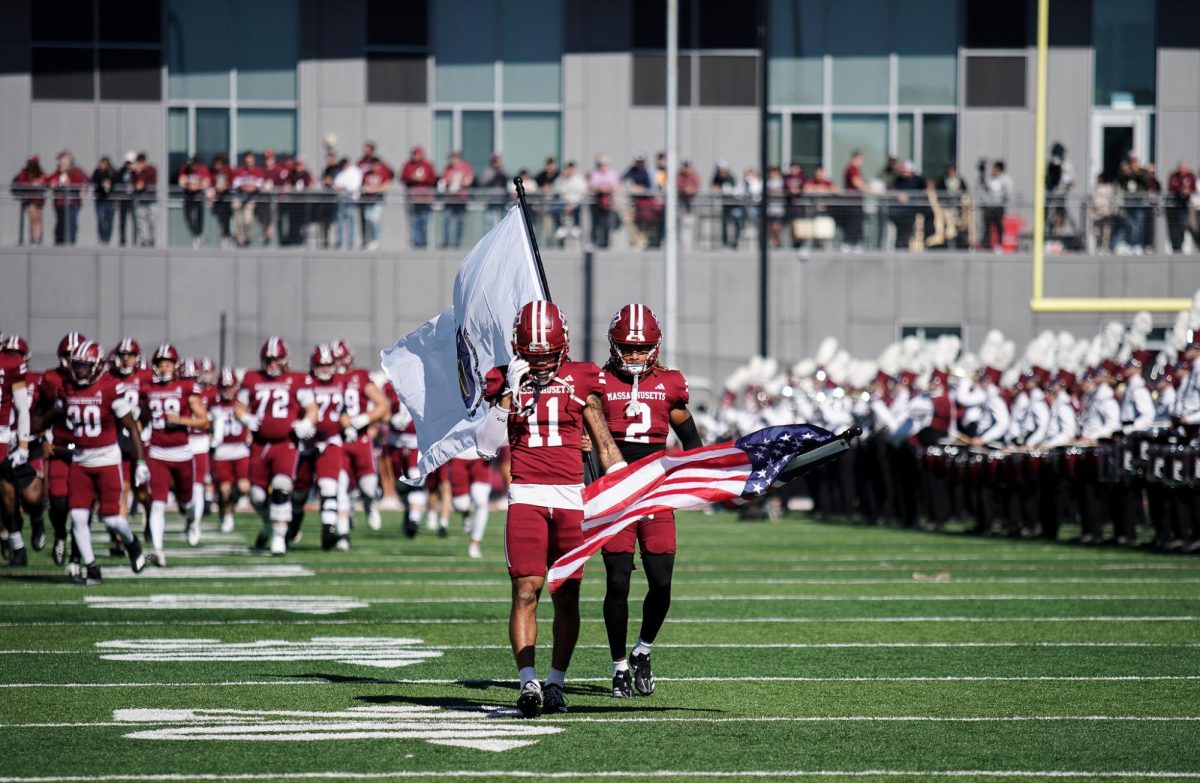
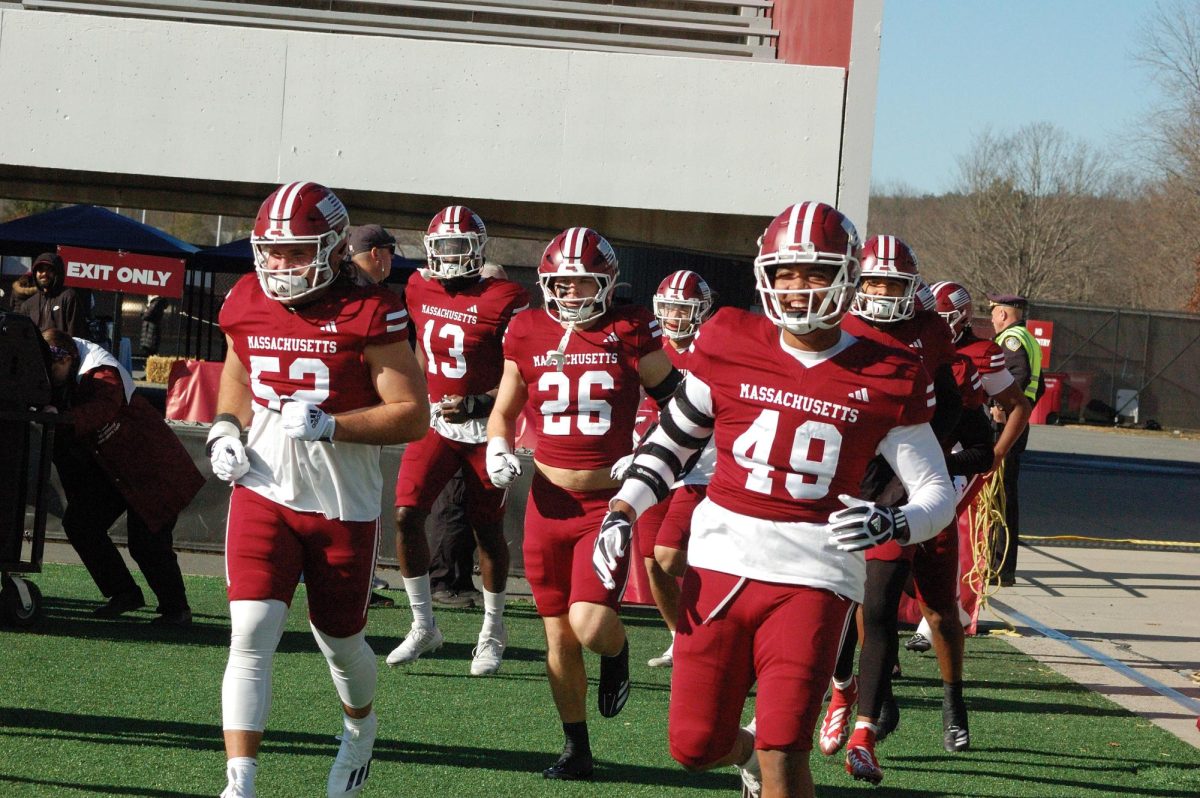
dan • Nov 10, 2015 at 11:00 am
Problem #1! THE GAMES ARE TOO LONG!!!
NFL games are 3 hours long… UMass games are 4 HOURS!!!!!
Nobody wants to sit on an aluminum bench for 4 hours.
It makes ABSOLUTELY NO SENSE for the games to drag on as long as they do.
Bob • Oct 15, 2015 at 10:13 pm
The students are short sighted. Without the games there is no tailgating ,fun,and frivolity. Without attendance there will be no games. Going only to the tailgates is not supporting your school. team or self. Show some true pride. Also put your empty cans in trash barrels, show some respect. You wouldn’t allow someone to trash your backyard!! UMASS is the best tailgating atmosphere in New England, but the students should attend the game, it is not too much to ask. If you need a drink, bring in a few nips.
umassfan1 • Oct 15, 2015 at 10:57 am
1. win more.
2. Close far end, so students actually have a section to call their own.
3. Sell beer til end of 3rd.
4. Have players and coaches press the issue.